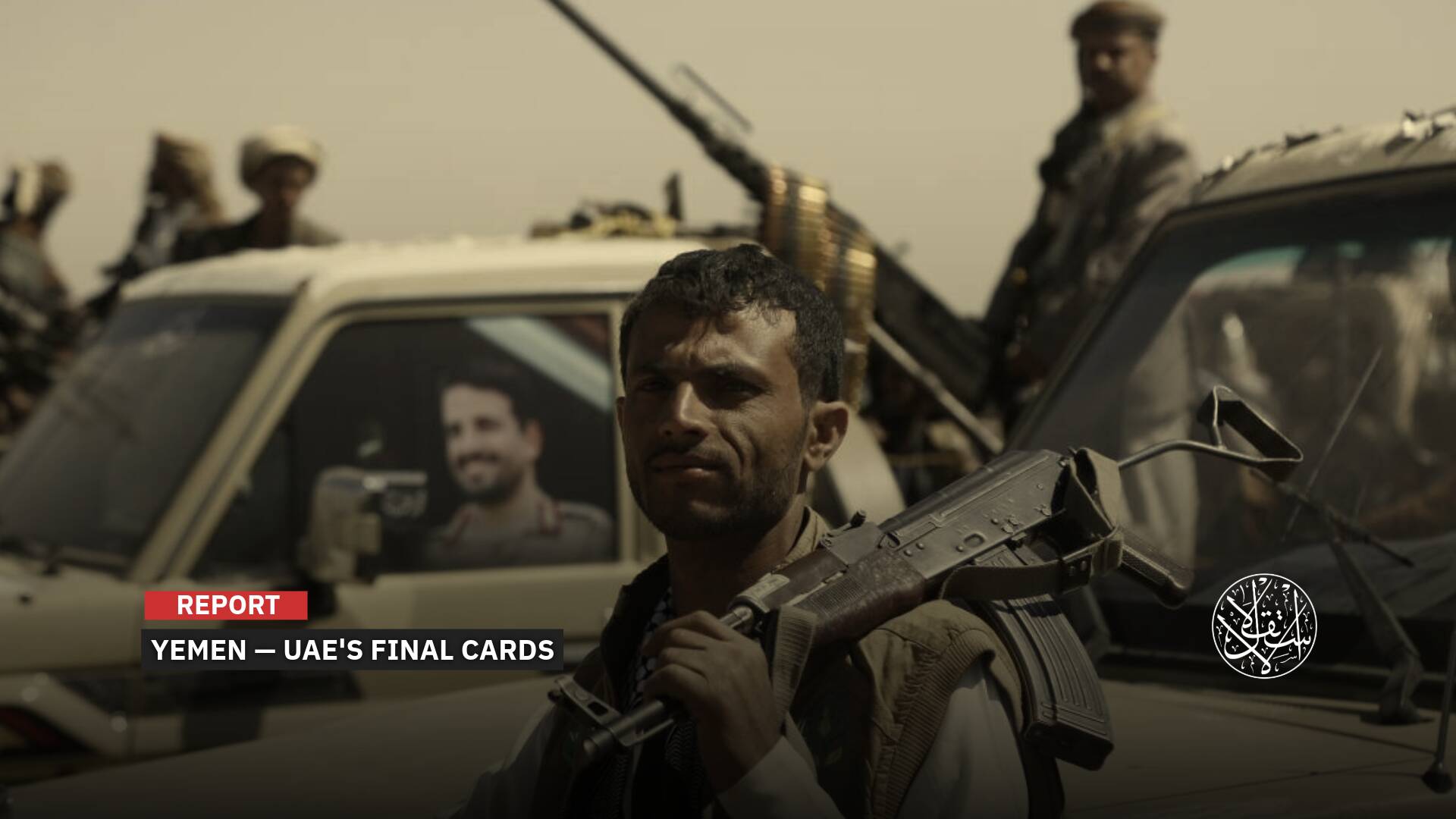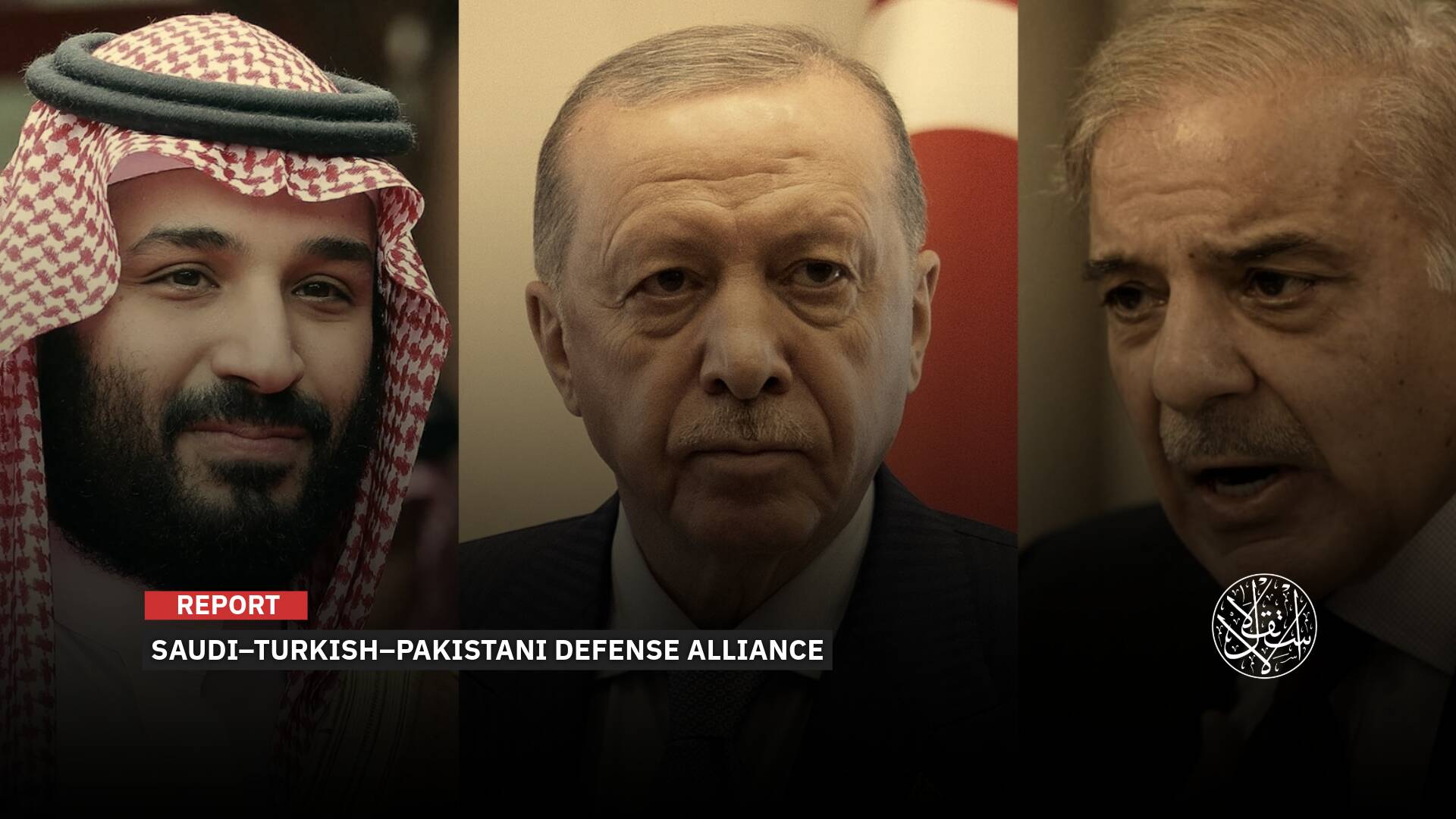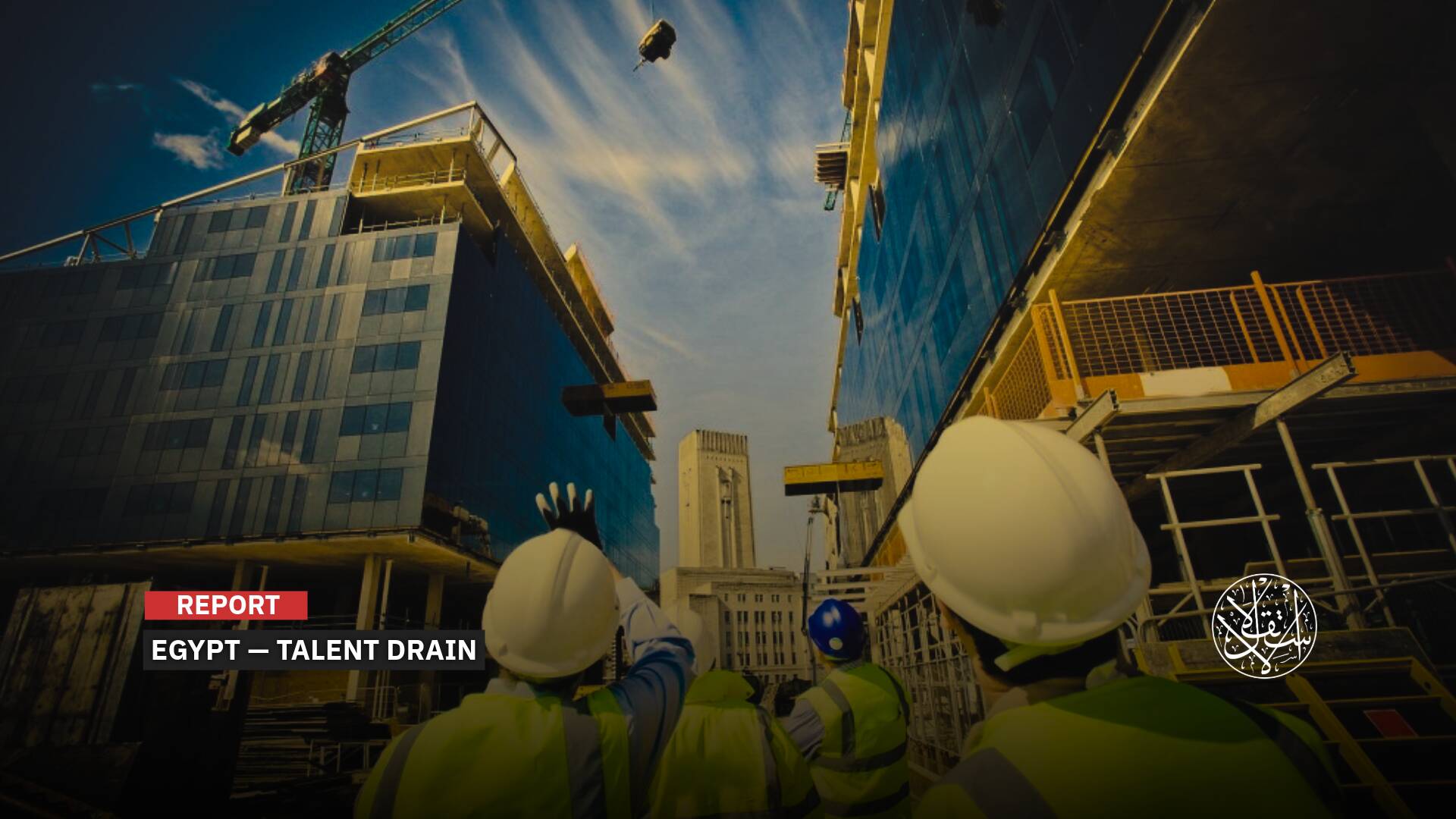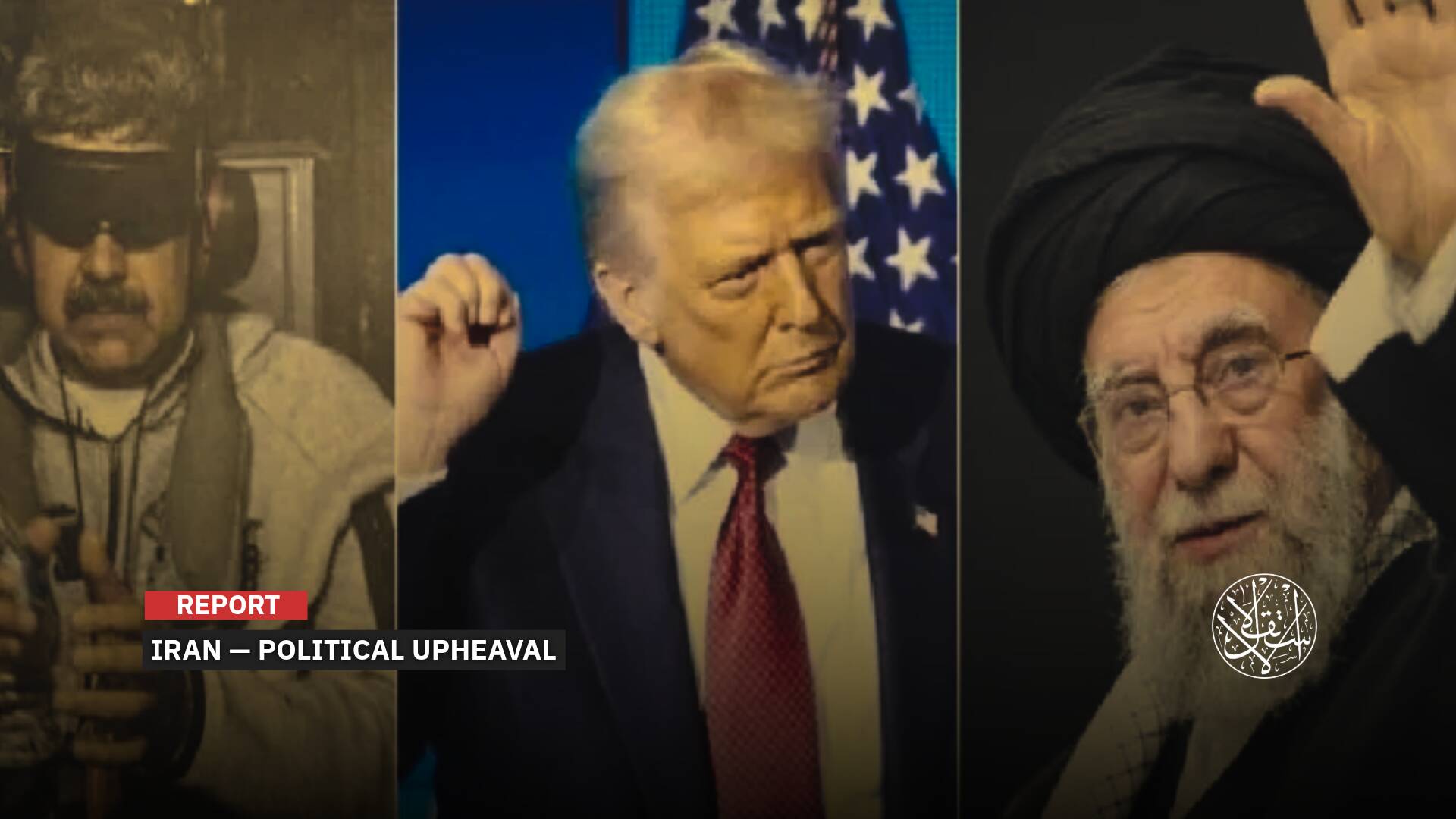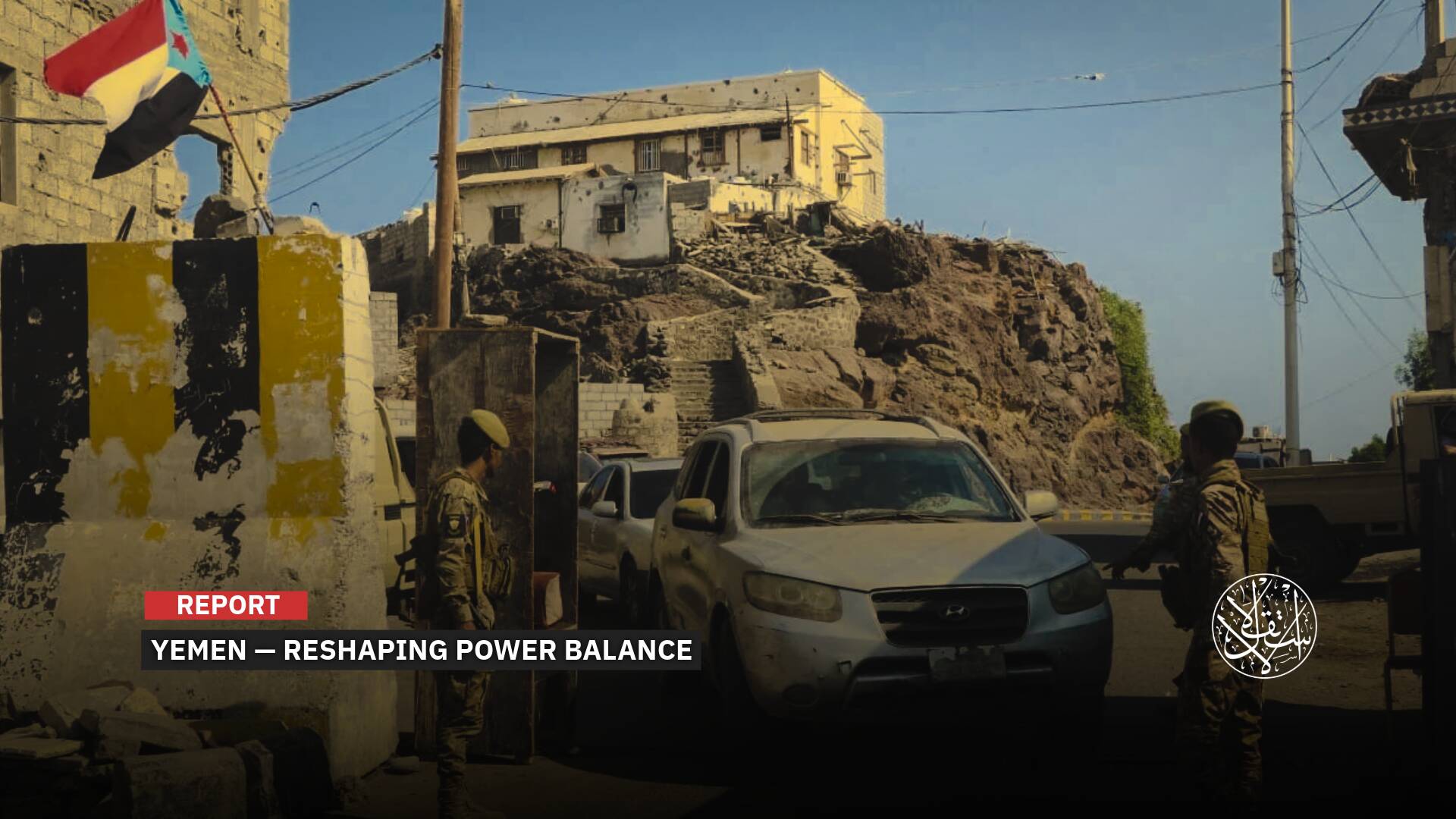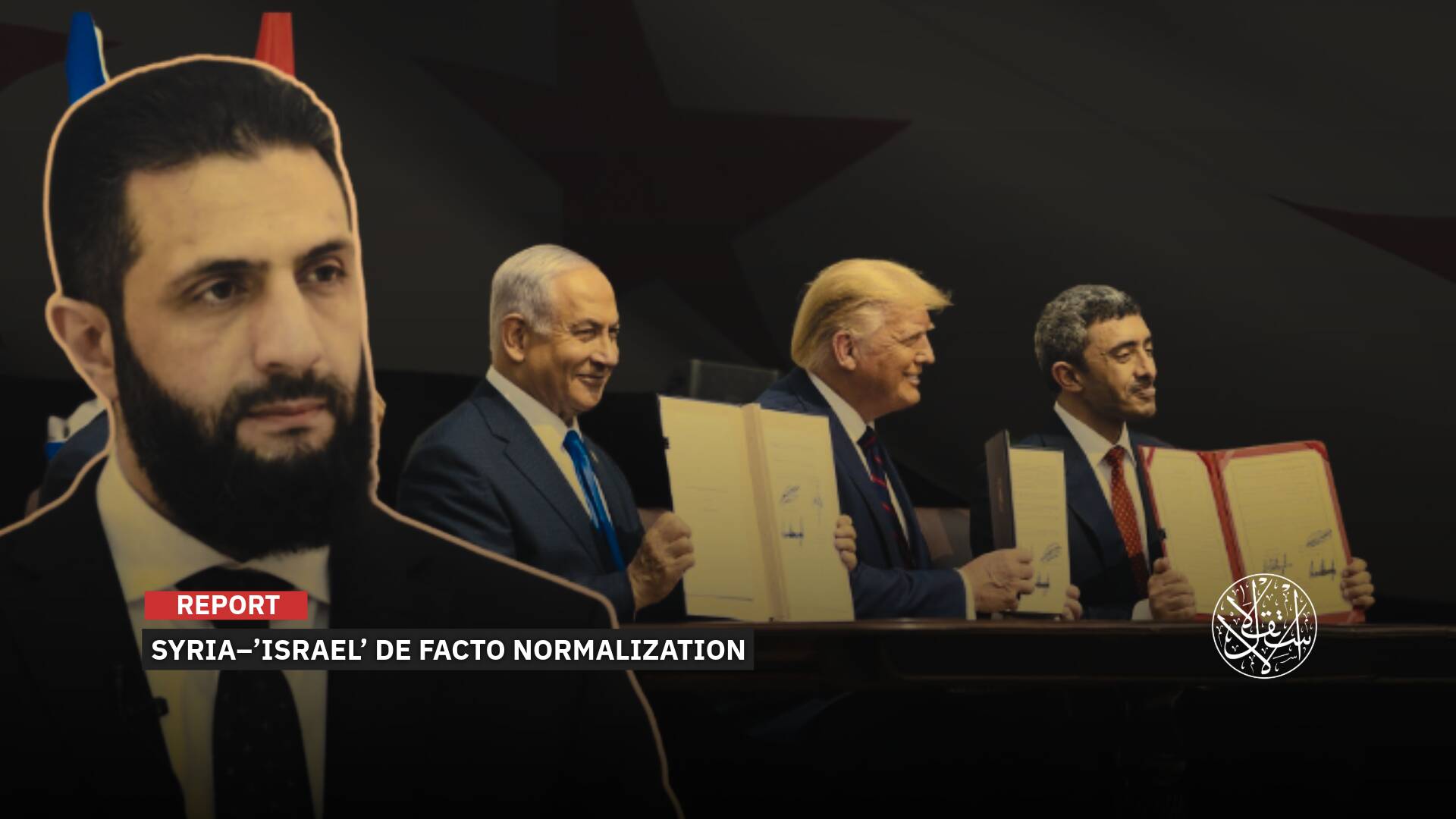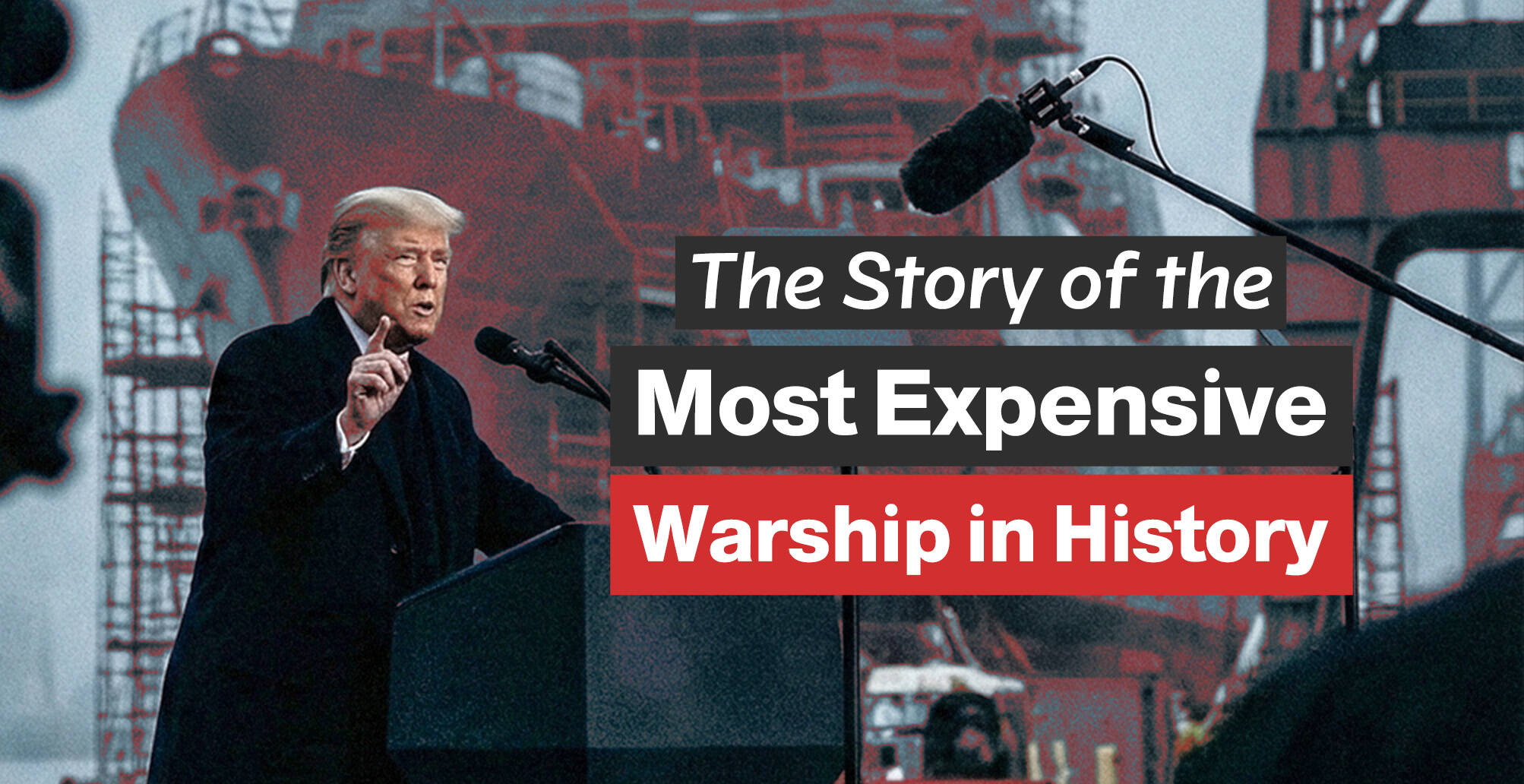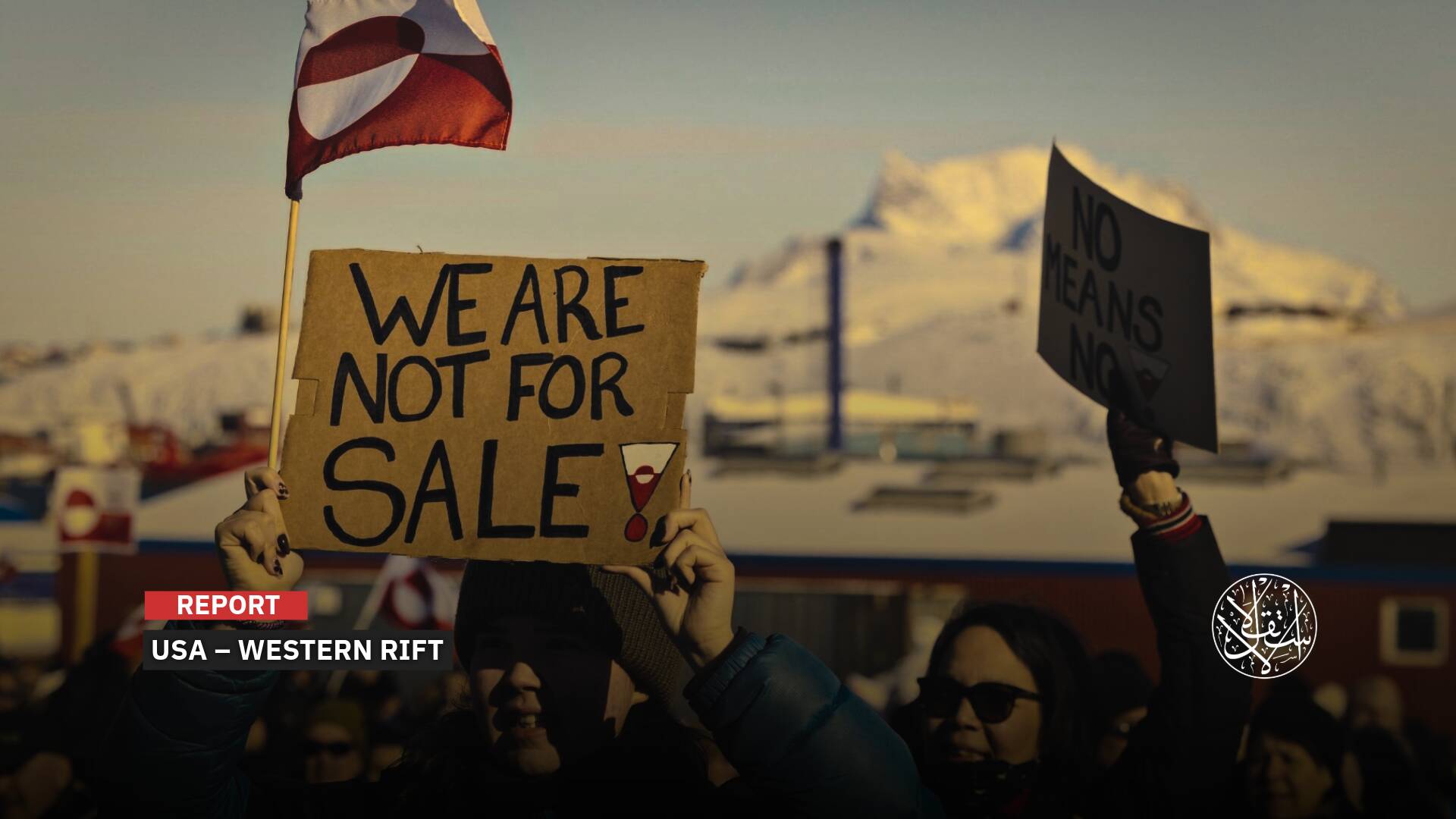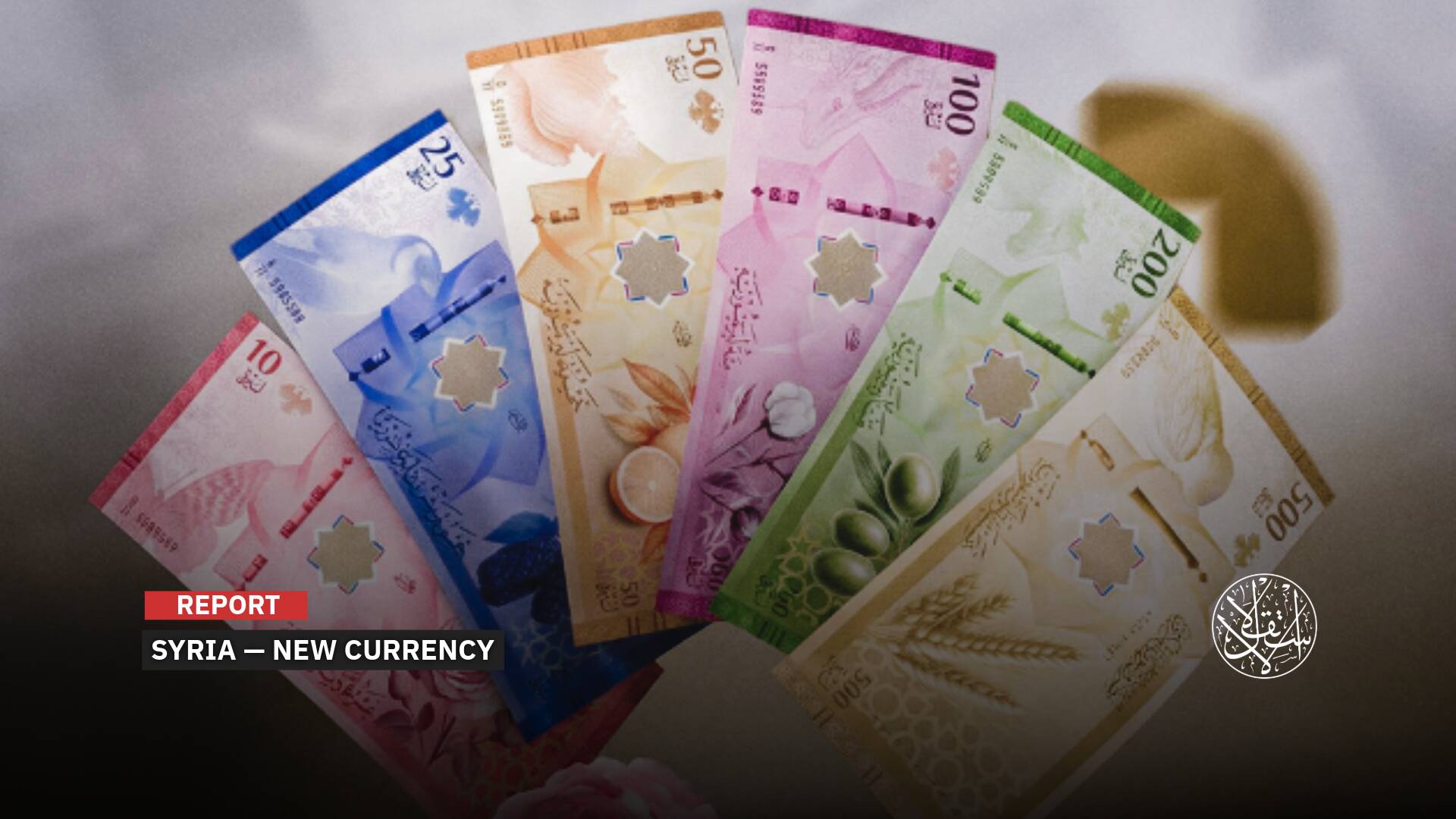UAE's Dual Role: Fueling Sudan’s Conflict While Posing as a Mediator

A Sudanese army officer has vowed to confront Bin Zayed’s plan to divide Sudan.
As Sudan suffers from a wound that refuses to heal, the UAE emerges as one of the most enigmatic players in this bloody conflict—publicly positioning itself as a mediator for peace while quietly stoking the flames of war behind the scenes.
Since fighting erupted between the Sudanese army and the Rapid Support Forces militia on April 15, 2023, the UAE has been far from a mere spectator. Instead, it has played a dual role—one that has helped prolong the war.
While claiming to support political solutions, the UAE has reportedly supplied the RSF militia with weapons and drones—turning Sudan’s skies into a nightmare and leaving death in the streets of Khartoum, Darfur, and other devastated cities.
This raises urgent questions: How has the UAE maneuvered behind the scenes of this war? What stake does it have in Sudan’s ongoing bloodshed?
And how has it managed to present itself as a peace broker while holding the keys to escalation and destruction on the other hand?
UAE Interference
Key figures in Sudan’s political process have accused the UAE of playing a role in the ongoing crisis, including Malik Agar, the deputy chairman of Sudan’s Sovereign Council.
In an interview with the U.S. network Alhurra on February 23, 2025, Agar warned against "UAE and Kenyan interference in Sudanese affairs."
He claimed that Kenya, which borders South Sudan, was acting on instructions from the UAE, which has vested interests in Khartoum.
“We warned Kenyan President William Ruto against meddling in Sudan’s affairs,” Agar said. “We told him he should focus on his country’s internal problems rather than fueling tensions in Sudan.”
“We are tracking international and regional efforts to support the Rapid Support Forces militia, and there is clear evidence of the UAE’s involvement in fueling the conflict in Sudan,” he continued.
Kenya has inserted itself into Sudan’s war by recently hosting a conference for the RSF militia and other armed groups fighting the Sudanese army—an attempt to form a parallel government.
Meanwhile, the UAE, which now calls for a Ramadan ceasefire, was entangled in the war from the outset, backing the RSF militia with funding, weapons, and medical support.
On February 28, the UAE’s Permanent Mission to the United Nations in New York issued a statement on its X account, saying, “With the holy month of Ramadan approaching, the UAE welcomes calls from UN Security Council members for a humanitarian ceasefire in Sudan.”
The statement also criticized Sudan’s representative to the UN, declaring that “it is unacceptable for him to persist in his futile attempts to divert the Security Council’s attention from the grave violations of international humanitarian law committed by the warring parties, by continuing to level false accusations against the UAE.”

Bin Zayed’s Deception
Sudanese politician Amin Abdel Razek dismissed the UAE’s call for a Ramadan truce between warring factions, saying, “This kind of initiative should not be called a ceasefire, but a deception.”
In an interview with Al-Estiklal, he added, “This is a clear ploy by [UAE President] Mohammed bin Zayed and his country to rescue the embattled Rapid Support Forces militia.”
“After the Sudanese army’s significant victories in recent months—retaking large parts of Khartoum and liberating key strategic cities like Wad Madani—the extent of the Janjaweed [RSF militia’s] predicament has become evident,” he continued.
Razek explained why the UAE wants to broker a ceasefire, stating that “they aim to reorganize the Rapid Support Forces militia both militarily and politically, first by providing military supplies and formulating plans to prevent the fall of more cities, particularly in Darfur.”
“We do not rule out the possibility that they will send officers, military advisors, and more mercenaries to bolster the ranks of Hemeti’s forces, which have recently suffered defeats, casualties, and a large number of defections, as seen in the Gezira state and the city of Bahri,” he noted.
In a televised speech on January 4, 2025, Lieutenant General Yasser al-Atta, Assistant to the Commander-in-Chief of the Sudanese Army and member of the Sovereign Council, launched a scathing attack on Mohammed bin Zayed.
He accused him of attempting to occupy Sudan by providing support and weapons to the Rapid Support Forces militia, calling him the “Devil of the Arabs.”
Among his remarks, he said, “Bin Zayed is meddling in Sudan and Africa, supporting mercenaries under the watchful eyes of the world and its international organizations, without any deterrent.”
He continued, “No one dares to tell him to stop this meddling,” adding, “He is the tyrant of this era, leading an army of the Tatars and Mongols of our time.”
Al-Atta vowed to confront Bin Zayed’s plan to divide Sudan, threatening, “We will sever his hand stained with the blood of innocent people in this country and reach him at his doorstep, along with those who have helped him.”
Millions of Dollars
The Sudanese government has condemned the UAE’s support for meetings held by parties and movements aligned with the RSF militia, such as the Sudan People’s Liberation Movement-North and the National Umma Party, in the Kenyan capital, Nairobi.
It pointed out that Kenya has received a massive financial return in exchange, while supporters of the parallel government have spoken of their efforts to strip legitimacy from the internationally recognized government in Port Sudan.
The Port Sudan government, supported by foreign nations like Egypt, maintains the country’s membership in international bodies, despite the African Union suspending Sudan’s membership after the military and the RSF militia orchestrated a joint coup in 2021.
The Port Sudan government, led by army chief Abdel Fattah al-Burhan, revealed reports suggesting that Kenya, under President William Ruto, received $193 million from the UAE for hosting meetings of the Rapid Support Forces militia, which resulted in the signing of a political charter to form a parallel government.
On February 28, Sudan’s ambassador to the United Nations, al-Harith Idris, announced that Nairobi’s sponsorship of the “parallel government” intended to be formed in areas controlled by the rebels, was part of a strategy to dismantle the country and serve the interests of a new Middle East map, as he put it.
Jonas Horner, a visiting researcher at the European Council on Foreign Relations, told Al-Quds Al-Arabi that “the parallel government is an attempt by the RSF militia to control the flow of humanitarian aid, access arms markets, and gain leverage in any future peace negotiations.”
UAE Drones
The UAE’s recent support for the Sudanese militia has not been limited to political backing amid their losses; Abu Dhabi has also supplied them with combat drones.
On February 26, 2025, Reuters reported, citing documents, that the UAE continues to arm the RSF militia.
Satellite images revealed at least three drones, along with the construction of aircraft hangars at an airport in South Darfur, controlled by the RSF militia.
The agency noted that these drones serve as evidence of the continued flow of advanced Emirati weapons, further fueling the devastating war in the country.
Reuters quoted Maxar Technologies, a U.S. satellite company, reporting the construction of three aircraft hangars by the Rapid Support Forces militia over a span of five weeks between January and February 2025.
This, the company stated, is evidence of the ongoing and escalating flow of advanced weaponry, further fueling the country’s destructive war.
The report highlighted that these drones are stationed at the Nyala camp, which serves as a base for their assault on the city of al Fashir, the last stronghold in Darfur controlled by the Sudanese army.
Reuters added that it was with these drones specifically that the RSF militia targeted the nearby Zamzam refugee camp, where civilians are suffering from famine.
Researchers from Yale University also confirmed the presence of drones at Nyala Airport in January 2025.

Weapon Blockade
An analysis by Jane's Defence Intelligence concluded that the drones shown in Reuters’ recent images are of the Chinese-made CH-95 model, which is owned by the UAE.
These drones are capable of long-range surveillance and strikes at distances of up to 200 kilometers.
The Sudanese army had previously accused the Rapid Support Forces militia of using Nyala Airport to receive arms shipments from the UAE.
The military explained that the Gulf state has been supplying the RSF militia with drones throughout the duration of the war.
On January 24, 2025, two U.S. lawmakers announced they would continue their efforts to block arms sales to the UAE.
This decision comes after they concluded that the UAE is arming the RSF militia, which is waging a civil war against the Sudanese army.
In this context, Senator Chris Van Hollen and Representative Sara Jacobs, both Democrats, stated that their decision was based on a briefing from the administration of former President Joe Biden, along with other reports.
“The UAE is an important partner in the Middle East, but the United States cannot turn a blind eye to its aiding and abetting the suffering in Sudan,” Van Hollen said.
“We now know that the UAE has continued arming the RSF – ensuring this war and this devastation goes on.The U.S. has the opportunity to end this war and bring stability to Sudan by withholding weapons to the UAE and essentially cutting off the supply chain to the RSF,” Jacobs added.
Sources
- UAE Renews Call for Ramadan Ceasefire in Sudan and Criticizes "Futile Attempts" [Arabic]
- Sudan Accuses Kenya of Receiving Money from UAE to Host RSF Meeting [Arabic]
- Sudan: U.S. Lawmakers Seek to Block Arms Sales to UAE, Accuse It of Arming RSF [Arabic]
- Sudan’s RSF Operating Drones from Darfur Base, Pictures Show
- Warning to Neighboring Country: Akhar Reveals Evidence of UAE's Role in Sudan War [Arabic]
- US lawmakers find UAE provides weapons to Sudan RSF; UAE denies this


